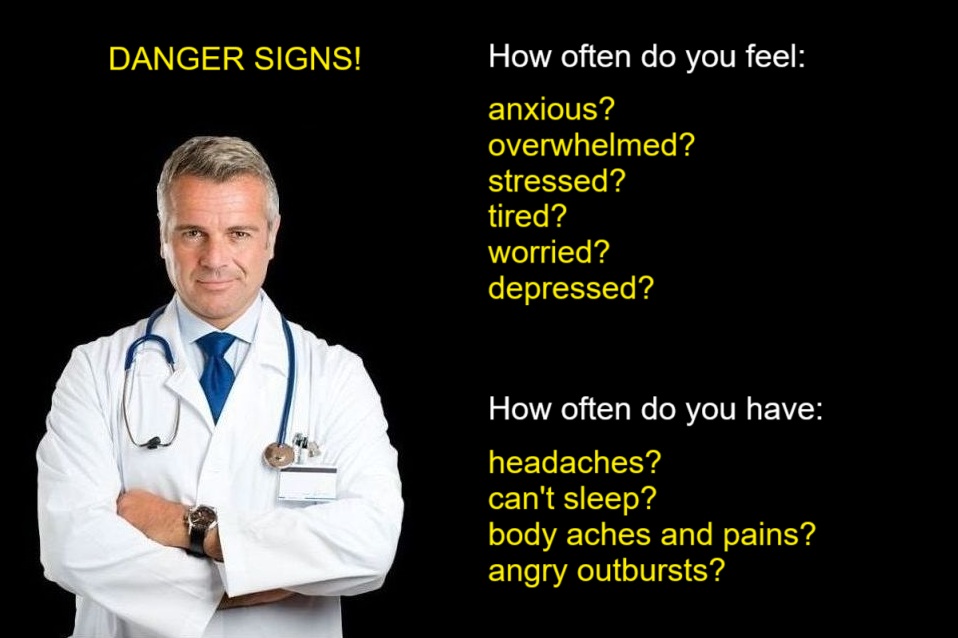In a groundbreaking revelation for public health, a comprehensive study conducted across five U.S. locations over two years has illuminated a hopeful path for reducing dementia risk through accessible lifestyle changes. With an estimated 42% of Americans over age 55 facing the prospect of dementia, according to a 2025 New York University study, this new research offers practical strategies to bolster brain health and potentially alter the trajectory of cognitive decline. Unlike previous studies that leaned heavily on pharmacological interventions, this large-scale trial, involving 2,111 diverse participants aged 60 to 79, underscores the power of everyday choices—exercise, diet, social engagement, and cognitive training—in safeguarding memory and thinking skills.
A New Blueprint for Brain Health
The study, presented at the Alzheimer’s Association International Conference in Toronto in July 2025 and published in the Journal of the American Medical Association (JAMA), marks the largest randomized trial to date exploring non-pharmacological interventions for dementia prevention. Participants, all of whom had sedentary lifestyles, suboptimal diets, and at least two dementia risk factors (such as high blood pressure or a family history of cognitive decline), were split into two groups. One group followed a highly structured program with prescribed exercise, diet, and social activities, while the other adopted a self-guided approach with educational resources and encouragement to make healthier choices.
Both groups showed significant cognitive improvements, with the structured group slightly outperforming the self-guided cohort. Laura Baker, a professor of gerontology at Wake Forest University School of Medicine and a principal investigator, emphasized, “Paying attention to physical activity, vascular risk factors, and diet are critical for maintaining brain health.” This finding aligns with a growing body of research suggesting that up to 40% of dementia cases globally could be prevented or delayed through lifestyle modifications, as noted in a 2020 Lancet Commission report.
Exercise: The Cornerstone of Cognitive Resilience
A key pillar of the study’s success was regular moderate to high-intensity exercise. Participants in the structured group engaged in eight weekly exercise sessions, including aerobics and strength training, tailored to their fitness levels. Over two years, these individuals, many of whom started as sedentary, saw their cognitive scores improve to levels comparable to people one to two years younger. Dr. Kristine Yaffe, a cognitive aging expert at the University of California, San Francisco, who was not involved in the study, highlighted the significance: “Even small improvements in cognitive function can translate to meaningful delays in dementia onset.”
For example, Phyllis Jones, a 66-year-old participant from Aurora, Illinois, shared her transformation. Initially, 10 minutes of aerobics left her exhausted, but consistent effort led to daily workouts and a 30-pound weight loss. “It woke me up,” Jones said, noting that the structured support helped her not only physically but also mentally, as she secured a new job and formed new friendships. This mirrors broader data from the Centers for Disease Control and Prevention (CDC), which reports that regular physical activity can reduce the risk of cognitive decline by up to 20% in older adults.
The MIND Diet: Fueling Brain Power
Diet played an equally critical role. The study incorporated the MIND diet, a hybrid of the Mediterranean and DASH diets, emphasizing leafy greens, berries, whole grains, nuts, and lean proteins while limiting red meat, sweets, and processed foods. Participants adhering to this diet saw notable cognitive benefits, reinforcing findings from a 2023 study in Neurology that linked MIND diet adherence to a 17% lower risk of dementia over a decade.
Patty Kelly, an 81-year-old participant, overhauled her diet during the study, cutting out sweets and fried foods. “I feel sharper, and my memory isn’t slipping like it used to,” she said. The MIND diet’s focus on antioxidant-rich foods helps combat oxidative stress in the brain, a key contributor to neurodegeneration. According to the Alzheimer’s Association, incorporating foods like blueberries and spinach can enhance neural connectivity and reduce inflammation, offering a dietary shield against cognitive decline.
Social Engagement: The Power of Connection
Beyond physical and dietary changes, the study underscored the importance of social activity. Mandatory social engagement, such as group meetings and community activities, fostered a sense of purpose and connection among participants. This aligns with a 2024 meta-analysis in The Lancet Healthy Longevity, which found that socially active older adults have a 50% lower risk of cognitive impairment compared to those who are socially isolated.
The structured group’s 38 peer meetings provided a supportive environment where participants like Jones and Kelly built lasting friendships. “Having people to talk to, to push you, makes all the difference,” Kelly noted. Social engagement stimulates cognitive reserve, the brain’s ability to adapt and compensate for age-related changes, according to Dr. Jessica Langbaum, senior director of research strategy at Banner Alzheimer’s Institute. She emphasized that even simple activities, like joining a book club or volunteering, can yield significant cognitive benefits.
Cognitive Training: Sharpening the Mind
The structured group also participated in three weekly sessions of computerized cognitive training, designed to challenge memory, attention, and problem-solving skills. While some experts, like Dr. Lon Schneider of the University of Southern California, caution that improvements may partly reflect a “practice effect” from repeated testing, the study’s results suggest that regular mental stimulation can enhance cognitive resilience. A 2017 report from the National Academies of Sciences, Engineering, and Medicine supports this, noting that cognitive training, especially when started early, can bolster brain health.
Accessibility and Scalability: A Public Health Challenge
While the structured intervention yielded slightly better results, both groups improved significantly, raising questions about scalability. The high-intensity program, with its frequent facilitator-led meetings, may not be feasible for widespread adoption due to cost and accessibility barriers. Dr. Langbaum noted, “The structured intervention isn’t sustainable in most communities, but the self-guided approach still showed meaningful gains.” This suggests that individuals can achieve cognitive benefits through self-directed efforts, such as following online exercise videos, adopting the MIND diet at home, or joining local community groups.
To make these interventions more accessible, experts advocate for public health campaigns to promote brain-healthy lifestyles starting in middle age. The CDC’s 2025 Healthy Brain Initiative emphasizes early intervention, recommending that adults in their 40s begin managing vascular risk factors like hypertension and diabetes, which can increase dementia risk by up to 30% if uncontrolled. Community-based programs, such as senior fitness classes or nutrition workshops, could bridge the gap, especially in underserved areas.
A Call to Action for All Ages
The study’s findings come at a critical time. With the U.S. population aging—projections estimate that 14 million Americans will have dementia by 2060, per the NYU study—preventive measures are more urgent than ever. Black Americans, who face higher dementia risk due to disparities in education and vascular health, stand to benefit significantly from these interventions, as do those with genetic predispositions like the APOE e4 gene.
Dr. Yaffe encourages starting early: “Biological changes linked to dementia begin a decade or more before symptoms appear. The earlier you act, the better.” This aligns with a 2013 PBS NewsHour report noting a decline in dementia rates in high-income countries, attributed to better education and cardiovascular health management since the 1970s.
Real Stories, Real Impact
The human impact of these findings is profound. For Jones, the study was a lifeline after personal and professional setbacks. “I was in bad shape, physically and mentally,” she recalled. The structured program not only improved her health but also restored her confidence, leading to new opportunities. Kelly, meanwhile, credits the social connections she formed with keeping her engaged and optimistic. “It’s not just about living longer—it’s about living better,” she said.
Looking Ahead
As dementia rates climb, with an estimated 1 million new U.S. cases annually by 2060, the study offers a beacon of hope. By integrating exercise, a brain-healthy diet, social engagement, and cognitive training, individuals can take charge of their cognitive future. While intensive programs may enhance outcomes, the study proves that even modest, self-directed changes can make a difference. As Dr. Baker puts it, “Every step toward a healthier lifestyle is a step toward protecting your brain.”
For those inspired to act, resources abound. The Alzheimer’s Association offers guides on the MIND diet and cognitive training apps, while local YMCAs and community centers provide affordable fitness and social programs. With dementia’s shadow looming, these findings empower individuals to rewrite their cognitive destiny, one healthy choice at a time.












